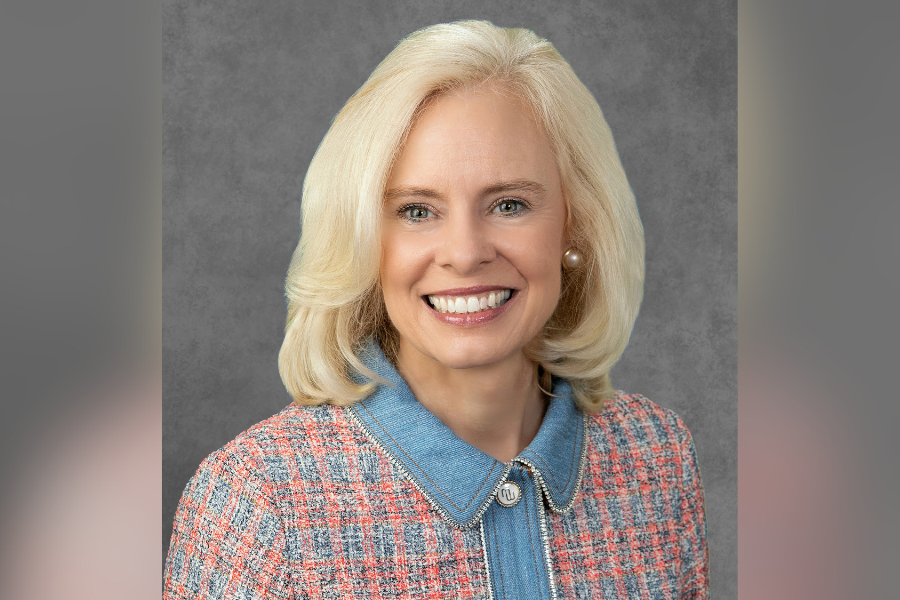

Ultra-high-net-worth individuals and their families are facing some big challenges and many are seeking the counsel of multi-family offices to help them navigate uncharted waters.
InvestmentNews has been speaking with Elizabeth Anderson, vice president of business development at Whittier Trust, to find out more about the issues facing UHNWIs and how the multi-family office approach can offer more than that of a single-family office.
Anderson has been with the oldest West Coast-headquartered multi-family office for a decade, and Whittier started as a single-family office for real estate and petroleum pioneer Max Whittier in 1935. Over it’s almost 90 years, the firm has been driven by its early realization that its role is not just about managing and preserving a family’s wealth, but the impact it has on the family.
“Our experience with one generational family inspired the transformation into the Whittier Trust multi-family office,” Anderson said, adding that its services include investment management and consulting, trust services, family office, philanthropy and family continuity, and real estate management and investing.
Anderson says that demand for multi-family offices is growing as families seek hands-on teams who can manage their wealth and business but also the intergenerational transfer of both.
Often this will be prompted by a change of family dynamic.
“A great example of this was when a single-family office moved to Whittier Trust after the family patriarch died, and it became clear that the SFO was unable to effectively serve the evolved needs of the family,” she said. “Clarifying trust terms, managing ownership changes, meeting cash flow needs, educating family members, and dealing with new family leadership dynamics inspired some of the staff to retire and others to scratch their heads about what to do next. As a part of this step, we will help families determine clear lines of communication, rules of engagement, and methods for conflict resolution that resonate with all generations.”
After an initial period of assessing the family’s assets and designing the new family office around the family’s culture and needs, there were challenges related to dynamics which required careful management to unite them around shared purpose and values.
“More than five years later, we have seen this family through divorces and graduations, family illness and new careers,” added Anderson. “Their wealth has grown substantially, and family members understand their family legacy. They are confident that their wealth will support their ongoing needs and those of their children. The next time they experience a death or significant change, they will be prepared.”
Philanthropy is one way that the Whittier Trust team finds can unite families.
“Philanthropy can be more than just a vehicle for charitable giving, it can also be an apparatus for the family to have something outside their immediate concerns that they can all work toward and grow together,” Anderson said.
Anderson says that many clients want to take a hands-off approach to their wealth management, to allow them to focus on their passions.
“For example, within one UHNW family, one client enrolled in art school to develop her skills in oil
painting. Another started spending summers in Montana to fly fish more often. A third started a
non-profit benefiting at-risk children. Having a family office managing their personal and financial
details allowed each member to spend their time in a more meaningful way,” she said.
Along with the intergenerational transfers of wealth and business, what does Anderson see as the biggest challenge faced by UNHWIs and their families currently?
“Clients are concerned about the sunsetting estate tax exemption in 2025. With this change, the current $13.61 million per person exemption will be reduced to $5 million, aligning with pre-2017 Tax Cuts and Jobs Act levels (adjusted for inflation). While we are patiently waiting for Congress to determine if they want to extend the higher amount, we are preparing clients for this shift to ensure their estate plans are in alignment with this new ruling,” she said.
Tax is a major consideration for Whittier’s team and is often complex given the diverse assets of UHNW families.
“Asset location, distinct from asset allocation, is crucial for maximizing after-tax returns. Our portfolio managers look at placing tax-inefficient assets, like corporate bonds and high-turnover strategies, in tax-deferred or tax-exempt accounts to grow tax-free,” Anderson shared. “For taxable accounts, our advisors employ tax-efficient investments such as low-turnover stocks, direct indexing, low-dividend growth equities, municipal bonds, or preferreds with qualified dividends to optimize compounding. Our investment managers also allocate growth assets to accounts intended for future generations and income assets to those with shorter time frames.”
In conclusion, Anderson noted that there is a skill set that is key for those that work with Whittier’s clients.
“We invest in our people with extensive training and support to make certain that we are listening to our clients, being empathetic, and building a strong foundation with them. While academic intelligence is always important, we also pride ourselves on valuing EQ among our teams,” she said.

Executives from LPL Financial, Cresset Partners hired for key roles.

Geopolitical tension has been managed well by the markets.

December cut is still a possiblity.

Canada, China among nations to react to president-elect's comments.

For several years, Leech allegedly favored some clients in trade allocations, at the cost of others, amounting to $600 million, according to the Department of Justice.
Streamline your outreach with Aidentified's AI-driven solutions
This season’s market volatility: Positioning for rate relief, income growth and the AI rebound
